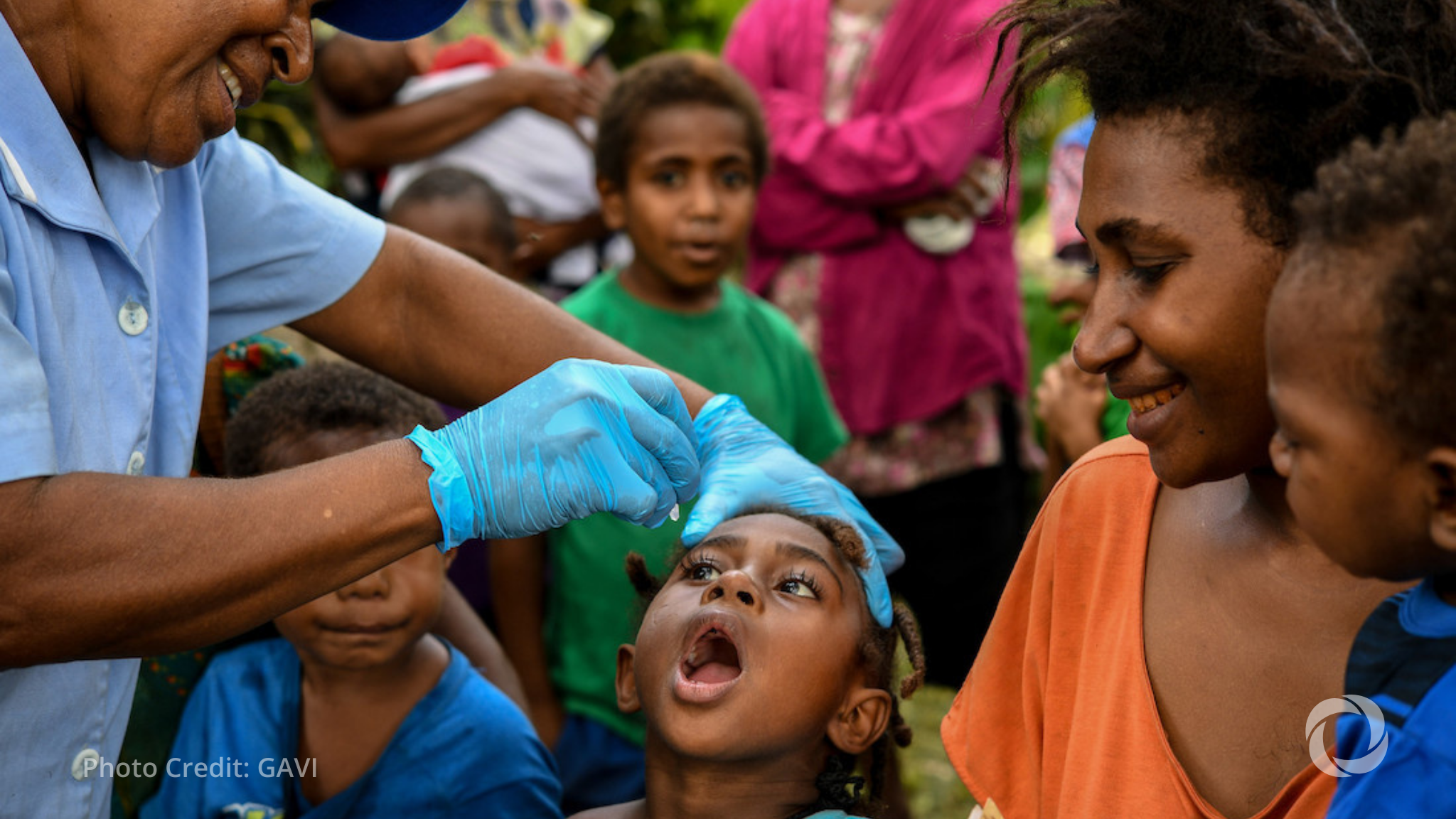Guinea just added the malaria vaccine to its regular childhood immunization program, making it the 21st African country to take this step, announced in the statement. The Ministry of Health rolled out the RTS,S vaccine with backing from Gavi, the Vaccine Alliance, the World Health Organization, UNICEF, and PATH. Starting this month, kids aged 5 to 11 months in four districts can get the four-dose vaccine for free. Guinea recorded 4.43 million malaria cases in 2023, and the disease kills more children under five than anything else in the country. The vaccine has already cut hospitalizations and deaths in Ghana, Kenya, Malawi, and other countries where it’s been used.
Malaria hits Guinea hard – it causes more than a third of all hospital visits and kills more young children than any other disease. In some areas like Guinea Forestière, over 30 percent of kids under five carry the malaria parasite. The country has tried bed nets, spraying, and treatment, but children keep getting sick and dying. Health Minister Oumar Diouhé Bah called the vaccine introduction “another historic step forward” in fighting the disease.
The vaccine rollout starts in Mamou, Gaoual, Kankan, and Yomou districts, which have about 60,000 kids who can get vaccinated each year. These areas were picked because they have moderate to high malaria transmission rates. Parents don’t have to pay anything for the shots, and kids still need to use bed nets and other protection methods. The vaccine works alongside existing prevention tools, not instead of them. UNICEF delivered 568,400 doses and trained health workers to give the shots. They also ran radio and TV campaigns to tell parents about the vaccine.
“The introduction of the malaria vaccine in Guinea is a powerful step toward equity in global health,” said Demba Diack from Gavi.
The organization wants to vaccinate over 50 million children across Africa between 2026 and 2030. WHO’s Mouctar Kande said the vaccine “has reduced the number of child deaths and increased access to malaria prevention methods” in the 20-plus countries already using it.
For health workers and aid organizations, Guinea’s vaccine launch shows how new tools can fit into existing health systems when there’s enough funding and political support. The fact that 21 African countries now use the malaria vaccine demonstrates real momentum in fighting a disease that’s plagued the continent for generations. The focus on free vaccines in high-transmission areas makes sense from both a public health and equity perspective – hitting the places where kids are most at risk.

